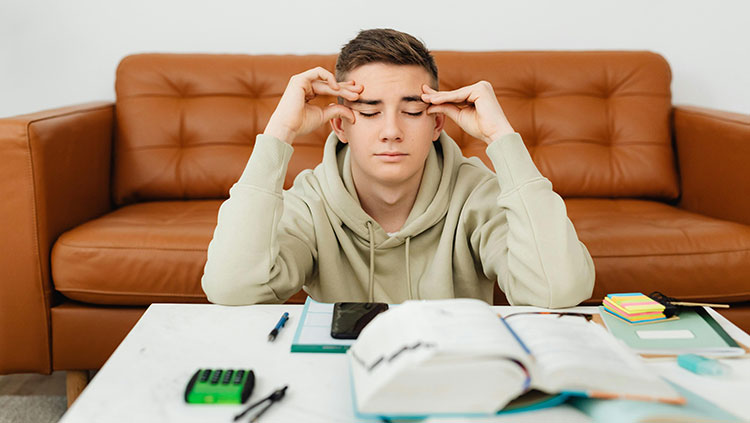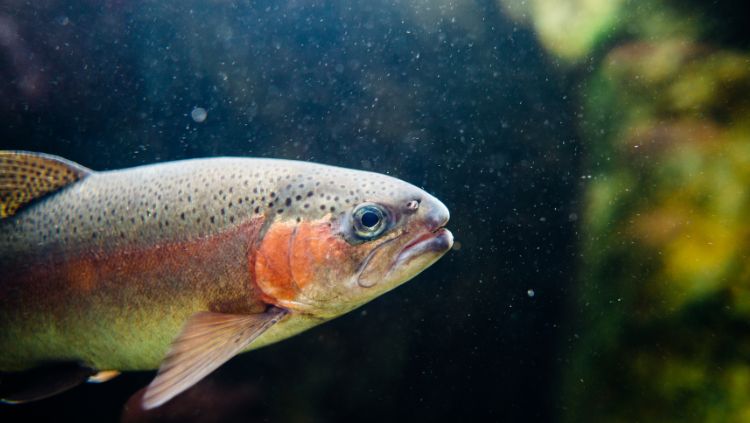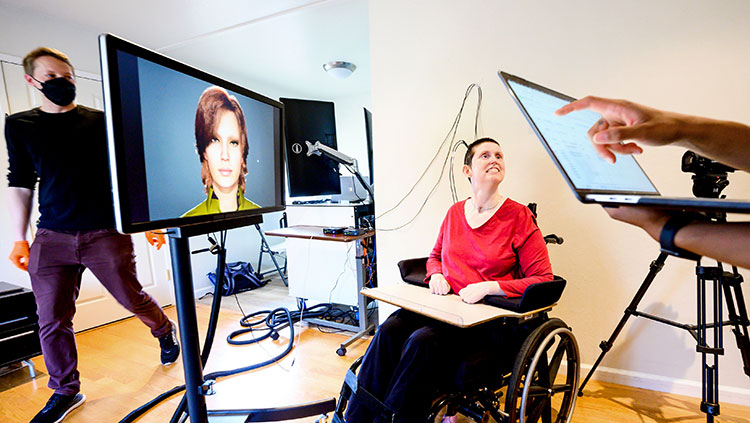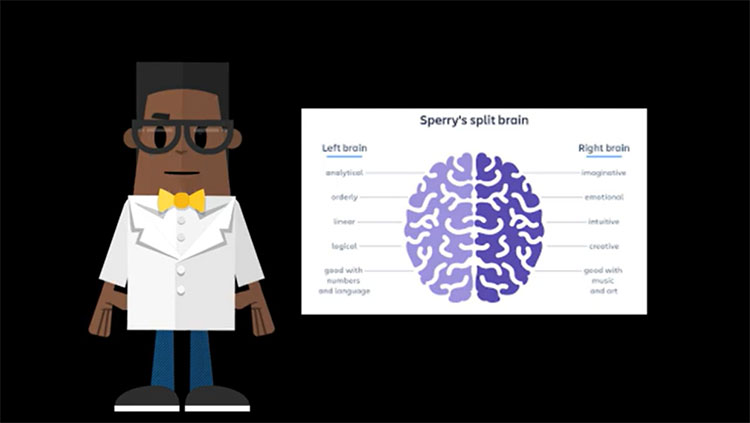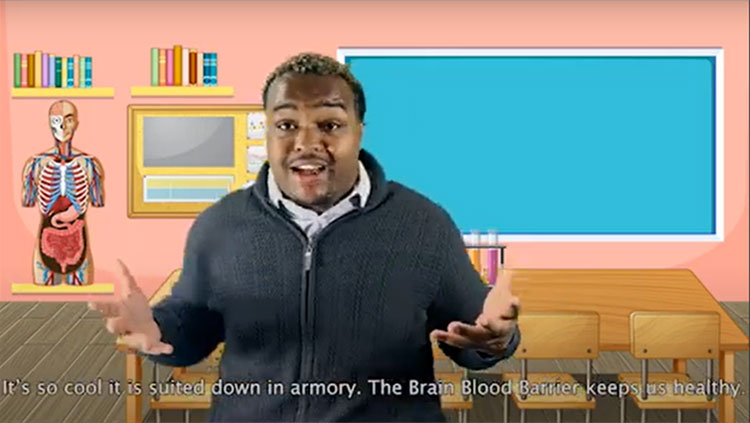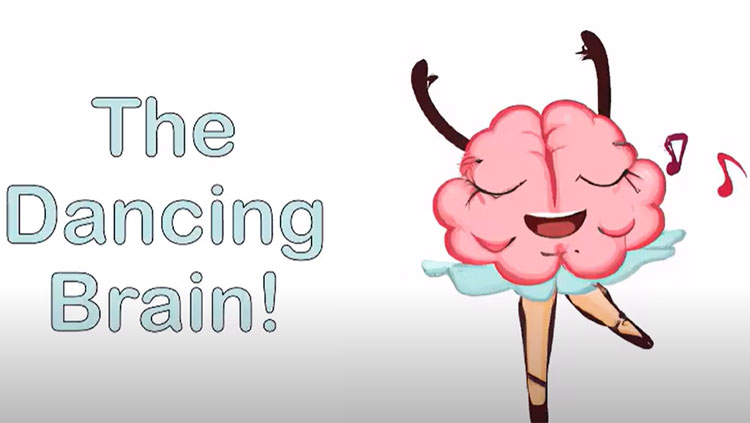The brain is a beautiful thing. It’s maybe not what most people think of as beautiful – I don’t think many people gaze into the gyri and sulci of the brain and imagine a world in which they grab onto the temporal lobe and go lobe-in-hand into the moonlight. But it has a certain quality about it that inspires awe in the natural world. It is aesthetically pleasing and it “delights the senses” and so it fits the definition of most online (and print) dictionaries.

For me, the beauty of the brain lies in its organization. It is not a willy nilly sort of organ in which wires are randomly connected here and there. I think most people know this. In general, the brain is organized into four lobes with each having a different function. The frontal lobe is responsible for personality and decisionmaking. The temporal lobe is important for memory. The parietal lobe is an important sensory association area. The occipital lobe is involved in vision. At the most basic level, this is probably a pretty good, even if incomplete, explanation of the brain’s structure and function.
But of course, the brain is so much more complex and beautiful than that. And last week, the field of neuroscience lost a great Explorer of the Brain, Dr. David H. Hubel. Along with Torsten N. Wiesel, he helped describe the columnar organization of visual cortex. Sharing the prize with Roger Sperry, Hubel and Wiesel were awarded the Nobel Prize in Physiology or Medicine in 1981 for their efforts in having
"translated the symbolic calligraphy of the brain cortex. The deciphering of the hieroglyphic characters of the ancient Egyptians has been denoted as one of the greatest advances in the history of philology. By breaking the code of the enigmatic signals of the visual system (they) have made an achievement which for all time will stand out as one of the most important in the history of brain research.” (From the Presentation Speech by Professor David Ottoson of the Karolinska Institute)
Being equated with the ancient Egyptians deciphering of hieroglyphics is pretty amazing. For me and many other neuroscientists, their discovery was even more amazing. I remember learning about their findings as an undergraduate and thinking how amazing it was to have individual cells in my brain respond to lights of different orientations. It seemed so simple, yet complex. Some might say it seemed hypercomplex.
“Pop! Pop! PopPopPopPop! P-p-p-p-p-pop!” went the cortical cell when Hubel and Wiesel found the ideal stimulus that made the neuron respond with gusto.
Can you imagine the sheer excitement these two felt when they heard that? Here they were, sitting in a 15 x 15 foot darkened room for days which turned into weeks. In addition to these men, the small room contained an experimental setup in which a cat sat with an electrode implanted in its visual cortex that was connected to an oscilloscope showing the activity of said electrode. Hubel and Wiesel sat for many hours in that room hearing nothing. And then: POP! A serendipitous finding – the cell responded when a thin slit of light oriented in a particular manner was shown on the screen in front of the cat. POP! POP! P-P-P-P-P-POP! Check out this YouTube video and listen to what must have been music to Hubel and Wiesel’s ears.
Yes, they were lucky, but as Louis Pasteur once said, chance favors the prepared mind. Hubel and Wiesel knew what they were listening for and they must have known that what they were listening to would change the way the world thought about visual processing. The “neural pop heard around the world.”
Thank you Dr. Hubel for your contributions to the field of neuroscience that I love so much. We never met, but I think I asked a question in a talk after you did at a Society for Neuroscience conference years ago when I was a graduate student. That’s how much of an impression you left on me – I bragged to my friends about asking a question in the same session you did. And the high fives I got in return speak volumes to the legacy you leave the field.
The Faculty for Undergraduate Research (FUN) has established the David H. Hubel Memorial Fund for Undergraduate Research. Please click here for more information or if you would like to contribute.
Also In Anatomy
Trending
Popular articles on BrainFacts.org



